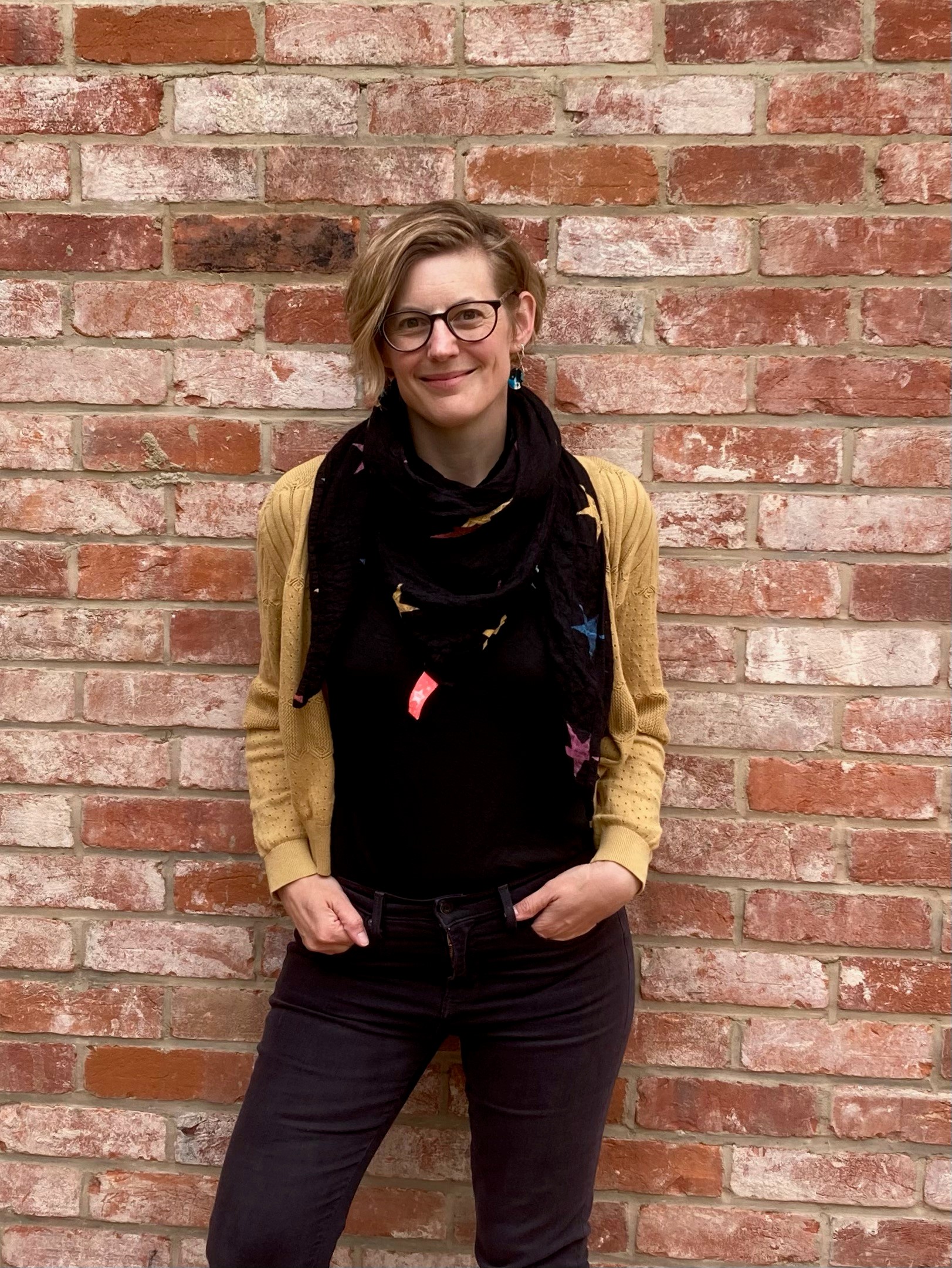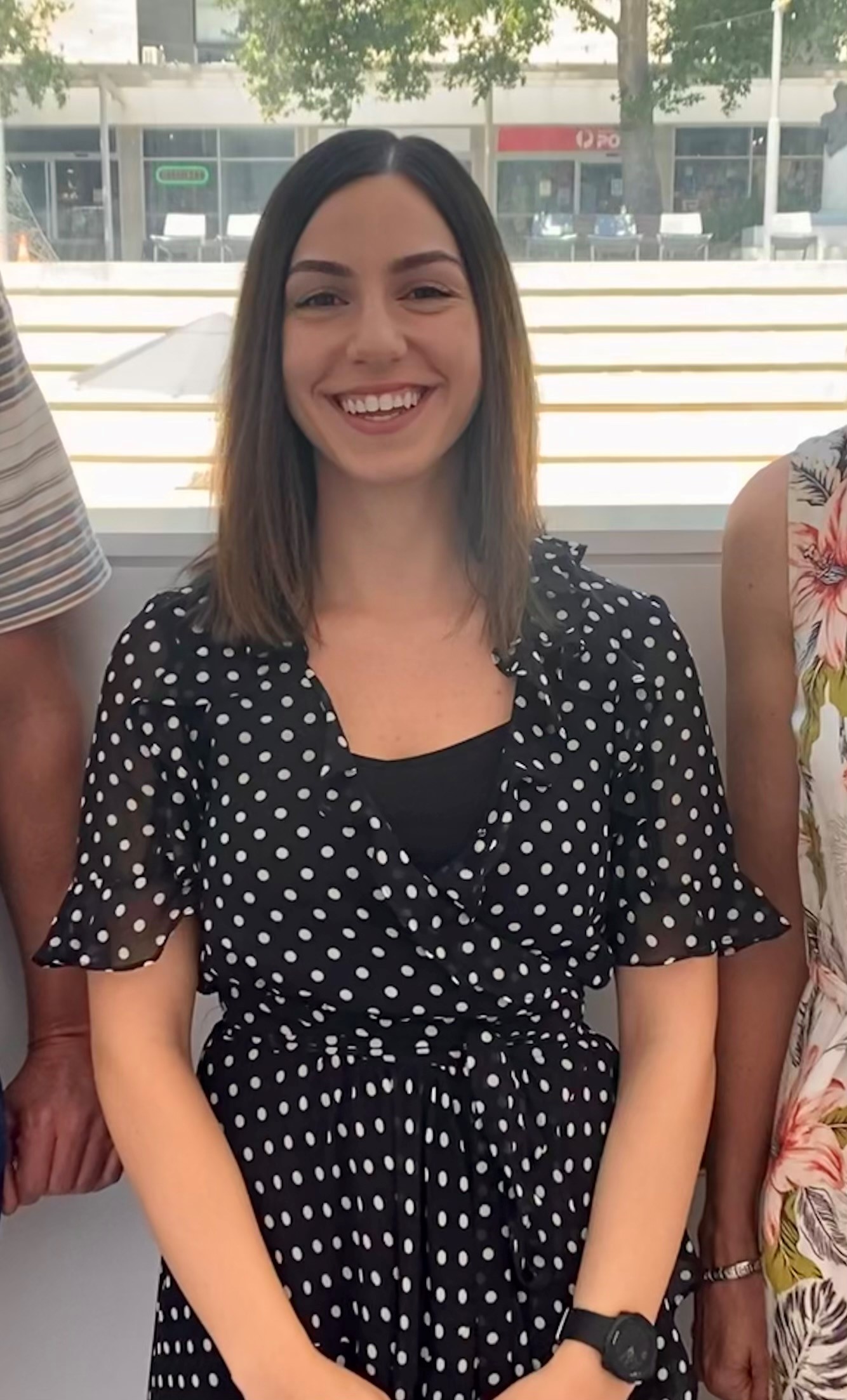
A new study involving Flinders Caring Futures Institute researchers aims to provide a comprehensive picture of how well the needs of children experiencing early onset of menstruation (early menarche) are addressed in South Australian primary schools.
The project was first conceived by Flinders Medical Science Honours student Olivia Bellas, who experienced early menarche herself. Olivia wrote the initial proposal as part of her Honours coursework, which has now secured funding from Flinders Foundation.
Lead Chief Investigator Dr Jessica Shipman says the project will establish where improvements can be made to curriculum, policies and procedures relating to early menarche in South Australian schools.
“Early menarche intersects with diverse socioeconomic, cultural and other factors,” Dr Shipman explains. “It is hypothesised that the needs of those experiencing early menarche are inadequately addressed in SA schools.”

Data shows the worldwide average age of menarche has been steadily declining, with early menarche commonly defined as occurring under 11 years of age. Research has shown early development and onset of menstruation can have an adverse effect on adolescent health outcomes, with some individuals experiencing depression and other mental health issues. Furthermore, a prevailing social stigma around menstruation is likely to be particularly pronounced for those experiencing an early onset while still in primary school.
Caring Futures Institute researchers Dr Shipman, Dr Nina Sivertsen and Associate Professor Ivanka Prichard will collaborate with researchers from Flinders’ Education, Psychology and Social Work and Humanities and Social Sciences colleges. The team has expertise across sexual health, education, body image, cultural and gender diversity, and research with young people and will use mixed methods to find out how well South Australian primary schools support children who experience early menarche.
“We will review documents on curriculum, policies and procedures and both interview and survey principals, teachers, counsellors and school support officers (SSOs) to ascertain the levels of support available to students in this situation,” Dr Shipman says. “The team will then produce a recommendation report in the final stages of the project.”
Above all, Olivia Bellas will make an invaluable contribution to the project as a research assistant.

“Having Olivia designing and now working on the project as a lived experience researcher will make sure that this research has a real impact on the support given to children who start their periods earlier than their peers,” Dr Shipman says.
The research will shine a light on a serious issue and eventually benefit many children in the future.
“We hope it will lead to improved school processes and support materials that have been developed based on evidence of children’s lived experience, so those affected are adequately supported.”
The project aligns with the aims of Flinders Caring Futures Institute by championing research that is driven by lived experiences and focused on translatable outcomes.

